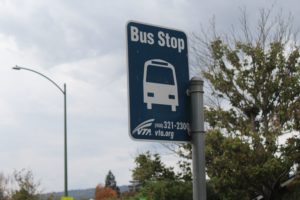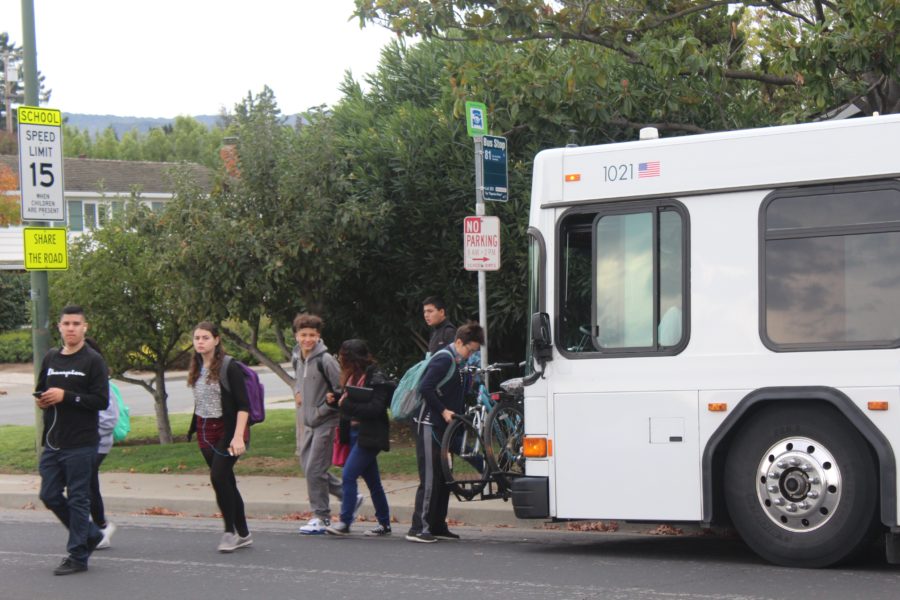A community workshop planned by the Valley Transportation Authority for Thursday, Nov. 16, at the Mountain View Senior Center will solicit feedback from highway commuters and discuss potential transit improvements, according to the VTA website.
The VTA recently began conducting a study to determine potential alternative transportation methods along the path of state Route 85, between San Jose and Mountain View. The discussion from the community workshop will help inform the VTA of commuters’ needs. An online survey is also available for the public to describe their current commute and express their interest in alternative forms of transportation such as bus lanes, light rail, or trains along Route 85.
“We need to get a sense on what the vision of the community wants,” said David Lovato of the VTA Government & Public Affairs Division. Lovato said that the VTA wanted to listen to the needs expressed by the community when planning alternative transportation methods. Lovato said that the VTA will be able to create two or three alternative designs by mid-2018 based on the information they receive from the Nov. 16 workshop.
Financed by Measure B, a sales tax passed in November 2016, the study aims to reduce traffic congestion and noise on Route 85. It will also review the logistical and financial capacity of the VTA to implement and maintain improvements. Measure B allocates $350 million dollars to be collected over 30 years for the improvement of Route 85.

Lovato said the VTA has implemented the first phase of noise reduction on Route 85. The second phase would consist of a pilot program for alternative modes of transportation, the main topic of the workshop.
Math teacher Jyoti Reid commutes to Mountain View every day from Aptos, a coastal town about ten miles east of Santa Cruz. She said that because the traffic on Route 85 is so congested, she avoids it at all costs. Reid leaves her home in Aptos at 6 a.m. Under favorable conditions, she can reach school at 7 a.m.; however, rain and other delays can cause her to arrive as late as 8 a.m.. Reid said that if she leaves after 3 p.m., it would take her one and a half hours to get back home.
“I can’t use other forms of transportation,” Reid said. “I need to be able to drive; I need the flexibility. I have young kids.” Reid said that her commute was part of the decision she made to live and work where she does.
Reid said that it would be convenient if there were a train that came from Santa Cruz to San Jose. She said she believes it would be beneficial for people who do not have the same restriction as her.

































